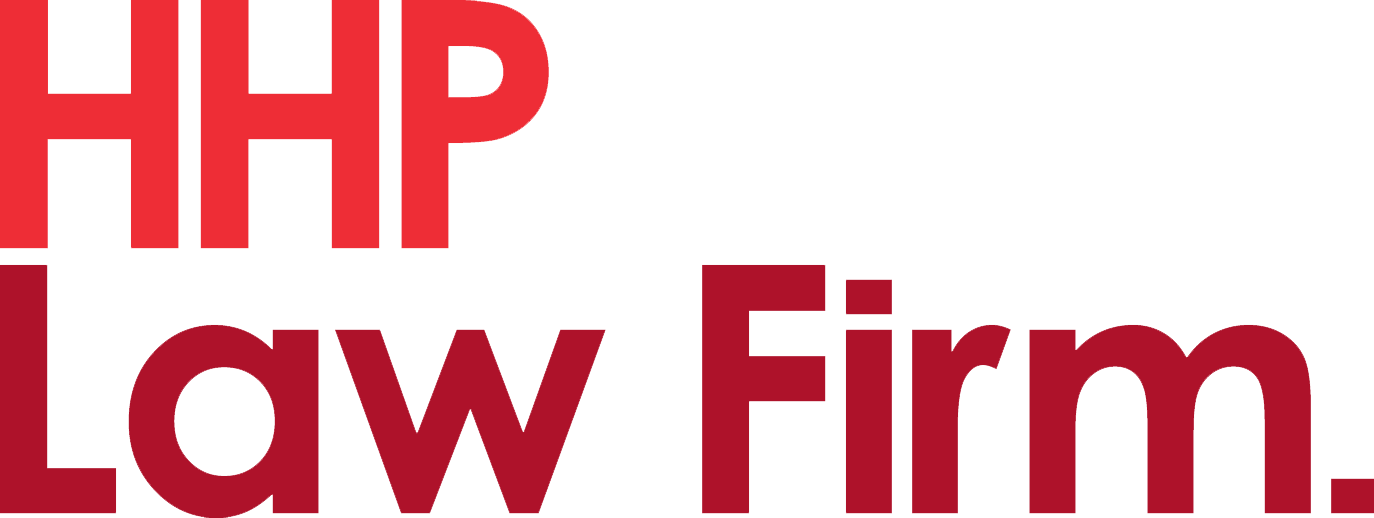Taking guidance from the EU Digital Markets Act
In brief
The Digital Markets Act (EU Regulation 2022/1925, “DMA“) came into force on 1 November 2022, with the aim of promoting fair business practices in the digital industry in Europe. While the DMA itself may have no direct implication for Indonesia, the KPPU – Indonesia’s competition authority – often refers to developments and thought-leadership on enforcement from other prominent jurisdictions, including the EU. Digital businesses operating in Indonesia may use the DMA as a navigation tool, and clients may find the practical risk mitigation tips set out below useful.
Identify the risks and how to mitigate them
The DMA provides guidance on how to identify gatekeepers or platforms that may have the benefit of scale and access to data, and those on which other business undertakings are dependent.
Although in Indonesia there is no equivalent of the DMA and there has been no public consultation on any proposed regulation with the same purpose, the currently applicable Indonesian Competition Law does have provisions that can be applied when there are unfair business practices in the digital sector.
Summarizing both the guidance from the DMA and the Indonesian Competition Law, here are some of the steps that businesses can take to avoid the risks:
- Data
- Don’t pass data collected by one business unit to another business unit (or affiliated business) that would result in an unfair advantage.
- Provide transparency on the management of users’ data and data sharing.
- Consider appropriate safeguards when exchanging certain types of information, particularly to avoid inadvertently facilitating or participating in a (hub and spoke) cartel e.g. by sharing commercially sensitive information.
- Parity clause(s)
- Assess whether the parity clause(s) you would want to apply in your contract may result in any anticompetitive effect.
- Privilege
- When you have multiple business units (or affiliated businesses) whose services offered are complementary to each other, ensure fair competition throughout and arm’s length cooperation.
- Review cooperation with affiliated undertakings and tying-in (bundling) practices, as they could result in market foreclosure or other anticompetitive effects if you have a certain level of dominance.
- Interlocking directorships
- Review interlocking directorships, particularly between competing companies. They may have an anticompetitive effect, which can be an offense.
- Choice
- Users and business partners should not be deprived of their options to access and make use of competing products/services
Join our webinar
We will discuss the hot topics around antitrust and competition issues and enforcement in Indonesia in our webinar on 23 November 2022. Please join us in this interactive discussion. Click here for more details.
* * * * *

© 2022 HHP Law Firm. All rights reserved. HHP Law Firm is a member firm of Baker & McKenzie International. This may qualify as “Attorney Advertising” requiring notice in some jurisdictions. Prior results do not guarantee a similar outcome.



